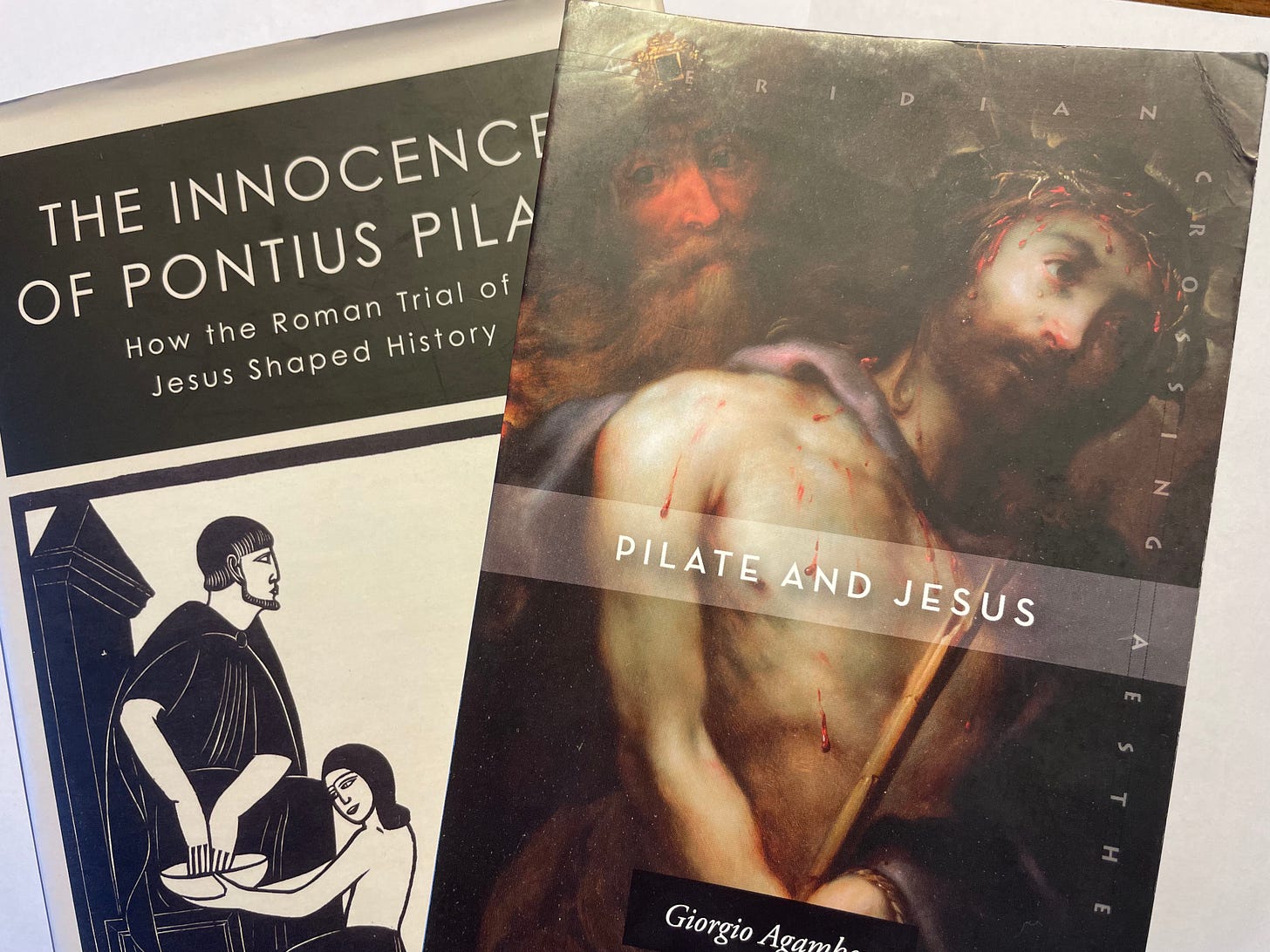When the Devil came to Moscow
A book review of: The Master and Margarita (Mikhail Bulgakov)
Does a society without God make people better persons? This is one of the questions that the Ukrainian/Russian author Mikhail Bulgakov (1891-1940) tried to answer in the novel The Master and Margarita. In the book, the Devil visits 1930s Stalinist and atheistic Moscow because he is curious to see whether the people have changed. Well, not really, or at least not for the better since communism took over. What follows is a wild and funny tale of the Devil, posing as “professor Woland”, and his mischievous entourage (including a giant talking cat), granting people their greedy wishes, only for these to be taken away moments later, leaving them in utter disarray or worse.
Detail from the book cover of the Alma Classics edition (2021)
On a deeper level, there is the story of a writer, the Master, and his mistress Margarita. Their story is a mediation on the good and bad things we do out of love. But above all, I think there is the question of whether we would dare to make a deal with the Devil to protect our true love? Will our courage and love be stronger than the power of the Devil? Here the answer that the novel gives is not so straightforward.
At the deepest level of the book, there lies another book, or rather a novella written by the Master, about the trial of Jesus as seen from the perspective of Pontius Pilate. It is a trail that has intrigued more than one author. It has been studied among generations of legal scholars. And more recently it has gained new notoriety through the works of Giorgio Agamben and David Loyd Dusenbury.
The story of Jesus before Pilate, spread throughout Bulgakov’s book, is a mediation on what it means to be courageous. The strong man Pilate is shown not to be so brave to protect a weak man against the wimps of the crowd. And this moment of weakness, and the memory of the kind, simple man that suffered because of it, have held Pilate imprisoned by the devil Woland until today. And it will take a strange twist in the plot of all three stories to resolve the question of whether Pilate is doomed to stay in the claws of the devil forever.
After having recently worked my way through a theological work by David Bently Hart on whether all can and will be saved in the end, this novel offered some new insights and questions on the same topic.
I will not give away how the story resolves. Still, it is not only a criticism of communism or own consumerist culture but also a profound meditation on the core of the Christian message, which, in Bulgakov’s eyes, seems to be about risking everything out of love and having the courage to protect the weak even when this comes at the expense of oneself. And is that not precisely what Jesus asked of his disciples: “just as you did it for one of the least of these who are members of my family, you did it to me” (Mt. 25:40)? In conclusion, this book is a must-read if you like comedy and deep thinking this summer!
Finally, I have a question to you: are you interested to see more blogs on the trial of Jesus before Pilate in the future? Or is there another subject you would like me to address? Let me know!





I definitely want to read your thoughts about Agamben's little book on Pilate and Jesus!
Me too, I would be very interested to read more on the trial of Jesus before Pilate, as well as your thoughts on the question whether all can and will be saved.